Market Analysis
In-depth Analysis of CBD Skincare Products Market Industry Landscape
The CBD skincare products market is influenced by a variety of factors that have contributed to its rapid growth and popularity among consumers. One of the primary drivers of this market is the increasing awareness and acceptance of CBD (cannabidiol) as a natural ingredient with potential health and wellness benefits. CBD, derived from the cannabis plant, is known for its anti-inflammatory, antioxidant, and soothing properties, making it a popular choice for skincare products. As consumers seek natural and holistic alternatives to traditional skincare ingredients, the demand for CBD-infused skincare products continues to rise, driving market expansion.
Changing regulations and attitudes towards cannabis products have also played a significant role in shaping the CBD skincare market. As more countries legalize the production, sale, and use of cannabis-derived products, including CBD, there has been a proliferation of CBD skincare brands and products entering the market. Additionally, changing perceptions of cannabis as a medicinal plant rather than solely a recreational drug have contributed to increased consumer acceptance and adoption of CBD skincare products. As a result, the stigma surrounding cannabis-related products has diminished, further driving market growth.
Technological advancements in extraction and formulation techniques have contributed to the growth and innovation of the CBD skincare market. Manufacturers are continually developing new methods to extract CBD from the cannabis plant while preserving its beneficial properties. Advanced formulations and delivery systems enable CBD to be incorporated into a wide range of skincare products, including creams, serums, oils, and masks, catering to diverse consumer preferences and skin types. Moreover, the integration of other natural botanical extracts and ingredients alongside CBD enhances the efficacy and performance of CBD skincare products, further driving consumer interest and demand.
Distribution channels play a crucial role in the CBD skincare market, with various avenues available for consumers to access products. While traditional retail outlets such as beauty stores, pharmacies, and wellness shops carry CBD skincare products, online channels have become increasingly prominent. E-commerce platforms offer consumers a convenient way to browse a wide range of CBD skincare brands, compare prices, read reviews, and make purchases from the comfort of their homes. Additionally, direct-to-consumer brands and subscription-based services provide consumers with curated selections of CBD skincare products, further driving market accessibility and convenience.
Price competitiveness is another important market factor in the CBD skincare industry. CBD skincare products are available at various price points to cater to different consumer budgets and preferences. While some consumers may be willing to invest in premium CBD skincare brands that offer high concentrations of CBD and luxurious formulations, others may opt for more affordable options that provide basic skincare benefits. Promotional activities such as discounts, sales, and bundle offers also influence purchasing decisions and stimulate demand in the market. Moreover, as consumers increasingly prioritize value for money and seek products that offer visible results, manufacturers are focusing on offering high-quality CBD skincare products at competitive prices to maintain market share.
Consumer preferences and lifestyle trends also impact the CBD skincare market. As consumers become more health-conscious and seek natural and organic skincare solutions, CBD skincare products align with these preferences. Moreover, as individuals prioritize self-care and relaxation in their daily routines, CBD-infused skincare products offer an opportunity for pampering and stress relief. Additionally, as more consumers seek alternatives to traditional pharmaceuticals for skincare concerns such as acne, eczema, and inflammation, CBD skincare products offer a natural and holistic approach to addressing these issues, further driving market demand.
In conclusion, the CBD skincare products market is influenced by a combination of factors including consumer awareness of CBD benefits, changing regulations, technological advancements, distribution channels, price competitiveness, and consumer preferences. As consumers continue to seek natural, effective, and sustainable skincare solutions, the demand for CBD skincare products is expected to continue growing. Manufacturers and retailers that understand and respond to these market factors will be well-positioned to capitalize on opportunities for growth and innovation in the dynamic CBD skincare market.


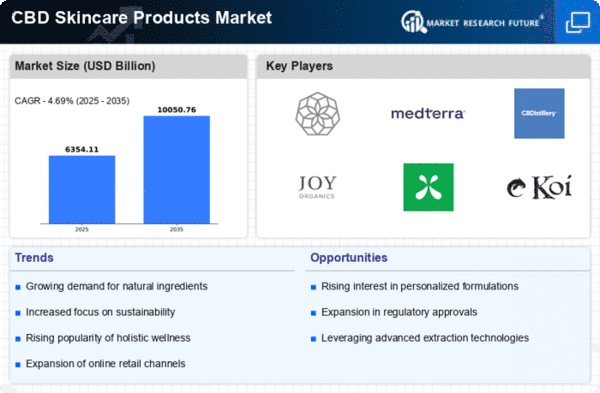
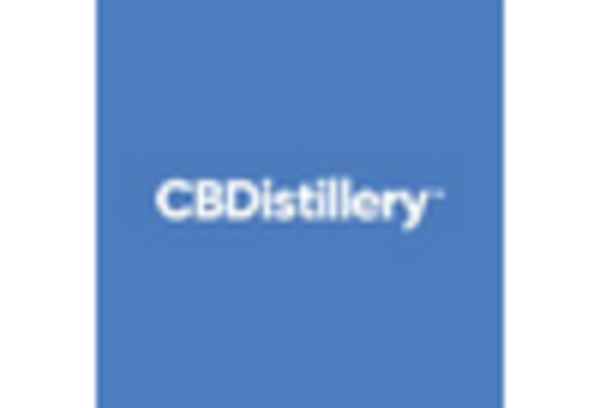
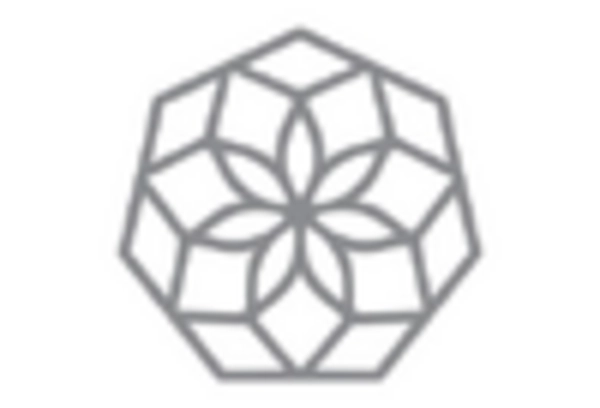
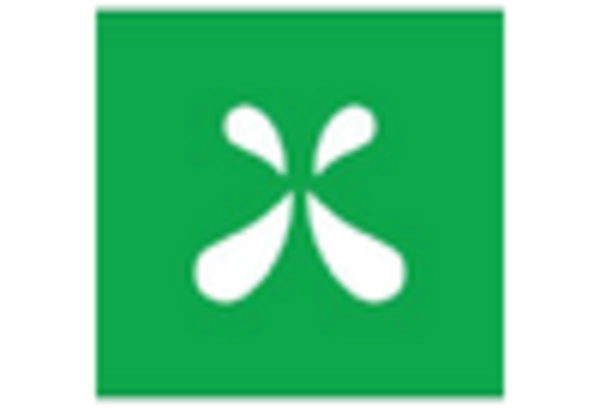
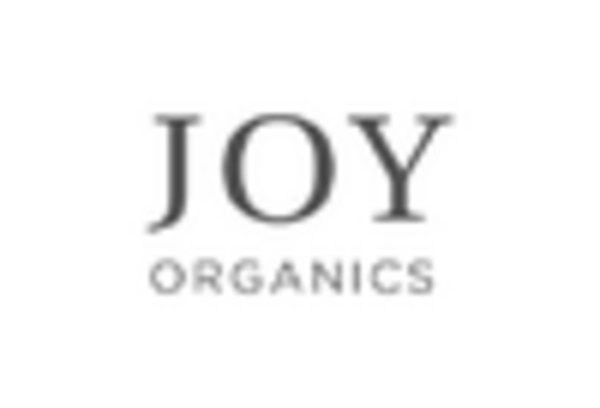
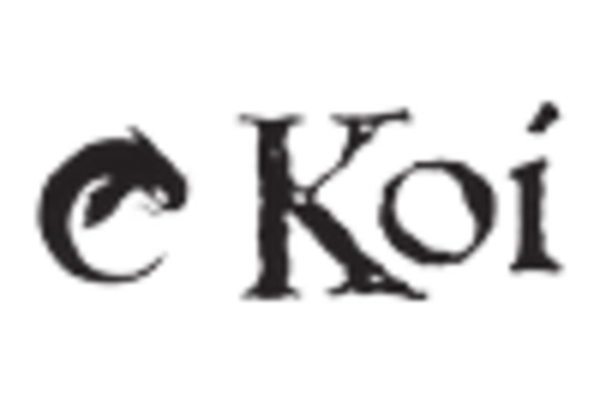










Leave a Comment